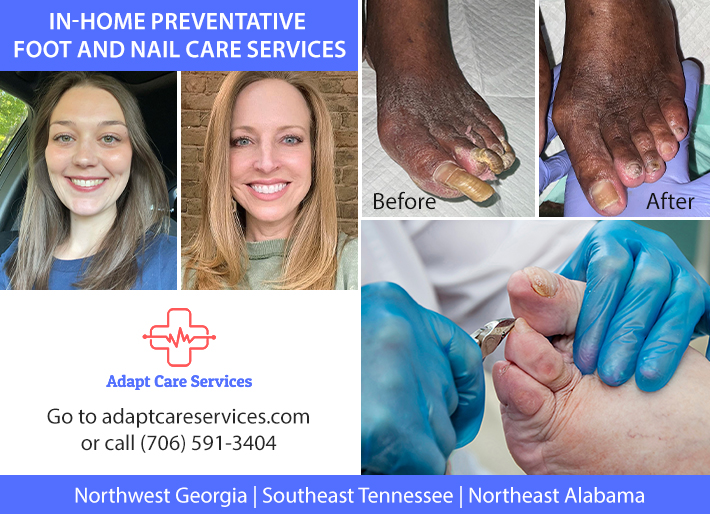
Colorectal cancer is the second-leading cause of cancer deaths in the United States, and more young people are being diagnosed each year.
You’re at higher risk if you:
- Have Crohn’s disease or ulcerative colitis
- Are between the ages of 45 to 75
- Have a family history of colon cancer or precancerous polyps
“Unfortunately, there is a real trend of developing colon cancer or advanced colon polyps at ages younger than we have seen historically,” said Whitney Jennings, MD, a gastroenterologist with Harbin Clinic. “Even patients who are otherwise healthy are not immune from this development.”
Jennings said it is recommended that colon cancer screening start at age 45 for all average risk patients and even earlier for those with a family history of colon cancer.
“Thankfully, when identified early, colon cancer is highly treatable,” Jennings said. “Colon polyps, even most of the advanced polyps, can be removed at the time of your colonoscopy.”
He said a colonoscopy is a safe and painless procedure that typically lasts between 20 and 30 minutes.
“While we certainly can detect cancer with a colonoscopy and direct towards curative treatment, I would much rather prevent colon cancer altogether by removing pre-cancerous polyps during a colonoscopy,” Jennings added.
Maranda Posey, FNP-BC, with Atrium Health Floyd Cherokee Medical Center Rural Health Clinic in Centre, Alabama, said maintaining good overall health can play a role in preventing colon cancer, including:
- Eating more fiber, including fresh fruits and vegetables, whole grains, nuts, beans, lentils, quinoa, among others
- Cooking meals at home, and baking food instead of frying or using butter
- Walking as much as possible
- Planning ahead and packing healthy snacks and fruit when you leave your home
- Drinking more water
There are some common warning signs to look for, including blood in your stools, changes in or inconsistent bowel movements or new or unexplained abdominal pain.
Visit bit.ly/3DiufyX to determine your colon cancer risk and to schedule an appointment with your primary care physician.













